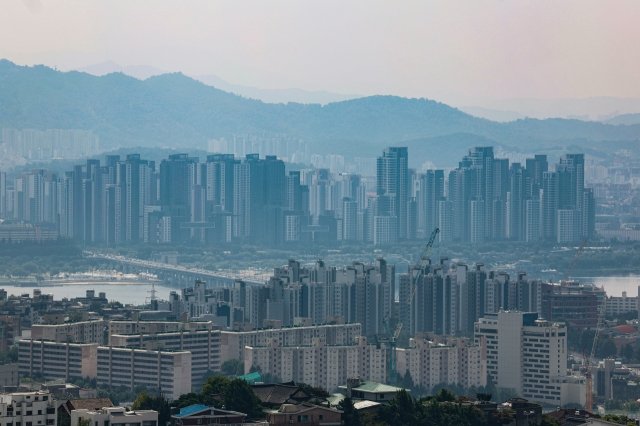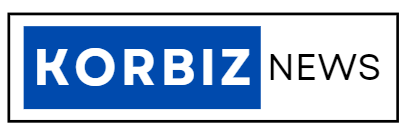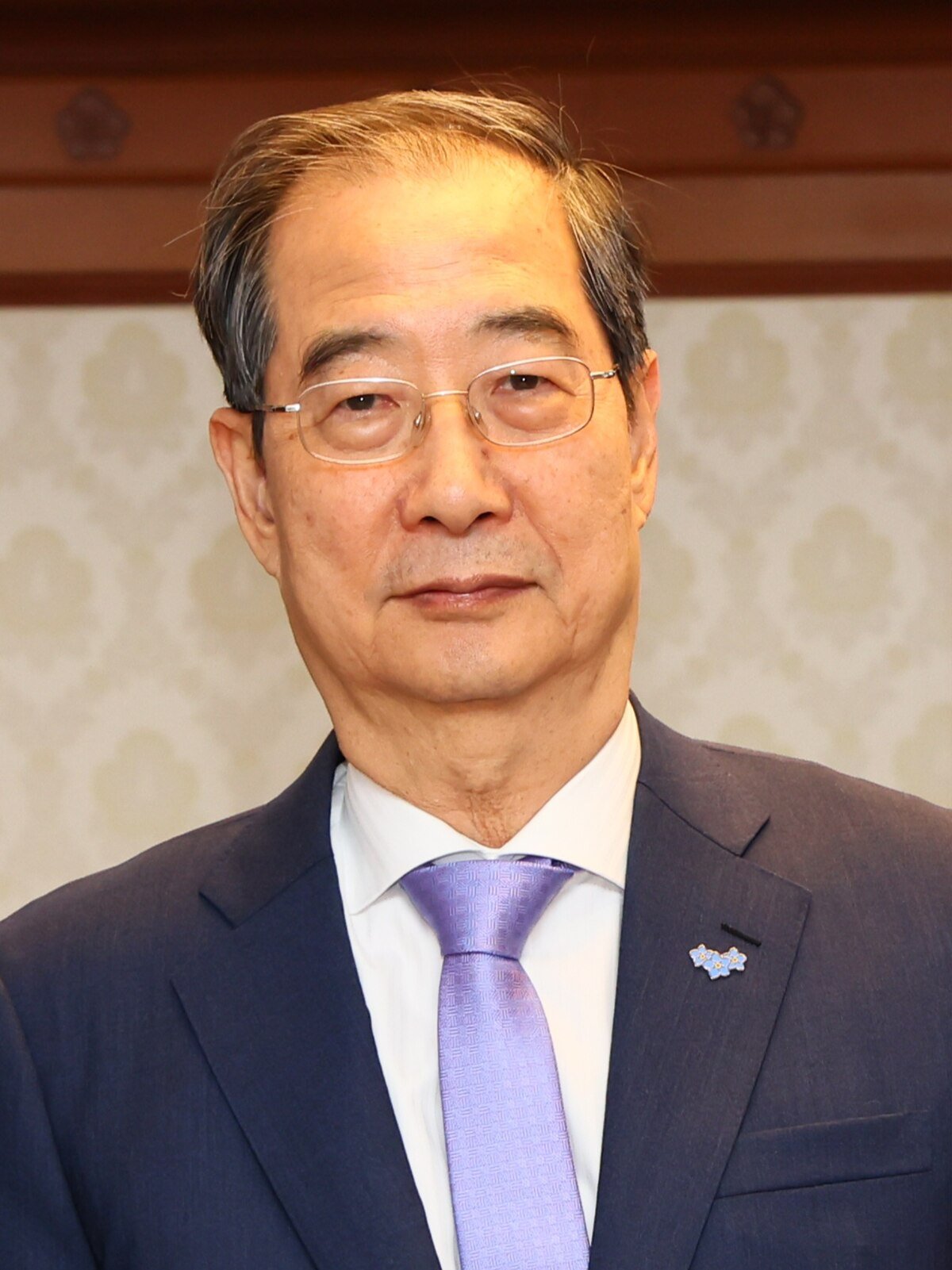
The Bank for International Settlements has cautioned that South Korea’s expanding private sector credit is beginning to weigh on economic growth, with further increases posing additional risks.
The Switzerland-based consortium of central banks recently published a report indicating that while rising private sector credit can boost economic activity in emerging markets, exceeding certain levels may lead to growth deterioration.
The report described a “U-shaped” relationship between private credit and gross domestic product growth per capita: at low levels, more credit supports growth, but its contribution diminishes and eventually turns negative as credit levels rise.
This pattern is evident in emerging markets where credit has expanded significantly since the early 2000s amid declining interest rates, the report noted. During this “low for long” period, credit to the private non-financial sector as a share of GDP doubled in China and rose by over a third in emerging Asia, including South Korea.
While many emerging markets, like those in Latin America, remain in a zone where additional credit could still boost growth, several in Asia, including Korea, have hit the upper limit, according to the BIS.
“Emerging Asia appears to be at a turning point where further credit deepening may drag on growth,” the report stated. “The historical experiences of Korea and China align with this inverted U-shaped relationship, as GDP growth rates peaked when credit reached just over 100 percent of GDP.”
BIS data shows Korea’s private non-financial sector credit to GDP ratio fluctuated around 100 percent in the 1980s, surpassed 150 percent in 2007 and exceeded 200 percent in early 2020. By the end of last year, the rate stood at 222.7 percent, ranking sixth among 44 countries. From this total, household debt was 100.5 percent of GDP, with corporate debt at 122.3 percent.
The BIS also underscored the risks of credit concentration in the housing sector, which tends to deliver smaller productivity gains.
“Emerging markets have seen credit increasingly flow to construction and real estate at the expense of manufacturing. Due to lower productivity growth in the housing sector, this shift has coincided with slowing growth rates,” the report stated, noting that strong credit growth focused on a few sectors is linked to less efficient resource allocation.
The warning comes amid South Korea’s concerns over surging household debt and rising housing prices in Seoul.
According to the Bank of Korea on Wednesday, household credit from local banks jumped by 9.3 trillion won ($6.9 billion) in August, the highest monthly increase in three years, with total outstanding household debt reaching 1,130 trillion won. Of this, 79 percent — or 890.6 trillion won — was in housing mortgage loans, which saw an 8.2 trillion won on-month gain in August, the largest since records began in 2004.
South Korea’s central bank recently kept its policy rate unchanged at 3.5 percent for the 12th consecutive time, citing surging housing prices and expanding household credit as key reasons despite slowing inflation.
The Financial Services Commission also emphasized stricter controls Wednesday, calling for “a more proactive approach to managing household debt” to ensure macroeconomic and financial market stability.






